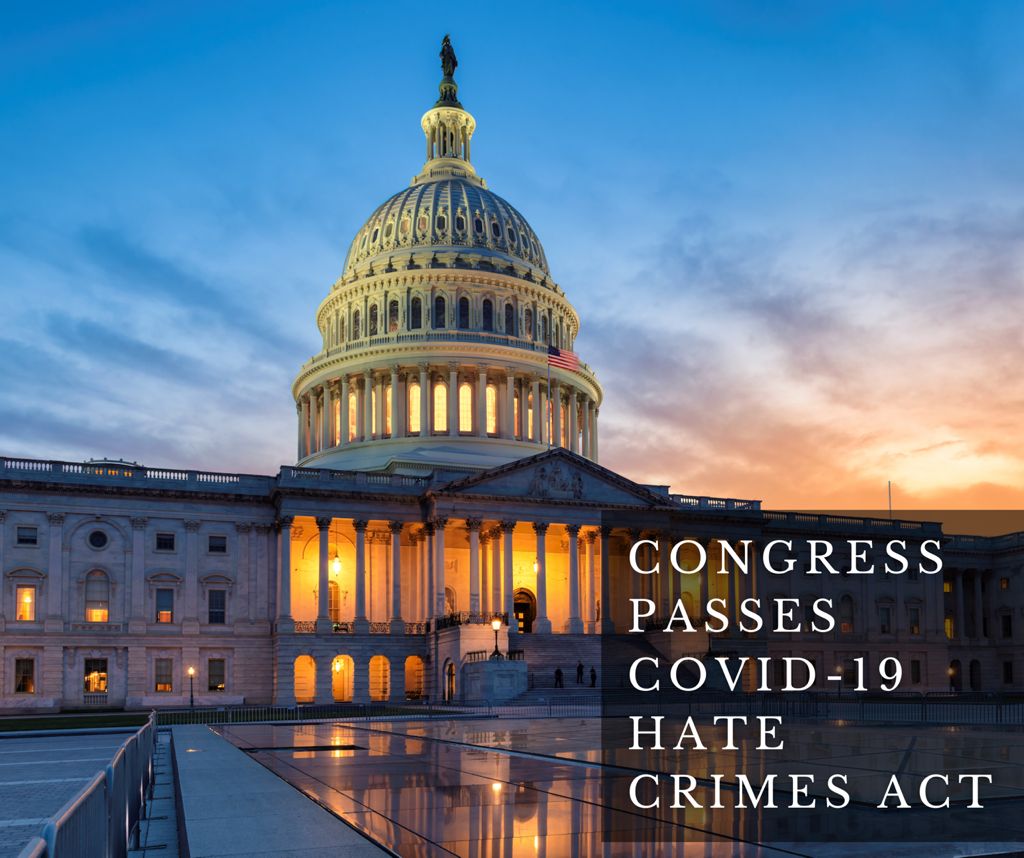
May 18, 2021
New York, NY
UNITED SIKHS celebrates the House’s passage of the Covid-19 Hate Crimes Act. New York Representative Grace Meng (Queens, 6th District) re-introduced this legislation along with Senator Mazie Hirono (Hawaii) and the support of Senator Duckworth (Illinois). The Covid-19 Hate Crimes Act addresses the dramatic increase in violent acts against Asian Americans. The bill passed in the Senate in April by an overwhelming majority. President Biden stated that he would quickly sign the bill into law upon approval by the House of Representatives. With the overwhelming majority passage of the Covid-19 Hate Crimes Act in the House of Representatives and the U.S. Senate, the bill will become federal law once it is signed by President Biden.
UNITED SIKHS has advocated for changes to hate crime legislation to enhance data collection and education to combat bias incidents. The Covid-19 Hate Crimes Act provides for a newly-created position at the Department of Justice to ensure expedited review of hate crimes, multiple-language outreach to encourage more reporting of bias incidents, and funding to train law enforcement agencies in hate crime identification. It also directs federal agencies to work with community organizations to raise awareness of hate crimes, encourages the creation of state-run hotlines to report hate crimes, and requires a series of public education campaigns around anti-AAPI bias. The Covid-19 Hate Crimes Act includes the Jabara-Heyer NO HATE Act as an amendment. This means that the data collection prescribed by the Jabara-Heyer NO HATE Act will be required as part of the Covid-19 Hate Crimes Act.
“We are grateful to Representative Meng, Senator Hirono, and Senator Duckworth for their efforts to ensure passage of this comprehensive hate crime legislation” Manvinder Singh, UNITED SIKHS Advocacy Director stated. “Including the Jabara-Heyer NO HATE Act as an amendment to the Covid-19 Hate Act will ensure improved data collection so there is a better understanding of the extent of bias crimes in our communities. The public education campaigns are also key to addressing the root of bias crimes. As we learn about different cultures and accept our differences, we recognize the human race as one.”
ICHRA
UNITED SIKHS Celebrates Passage of the Covid-19 Hate Crimes Act





